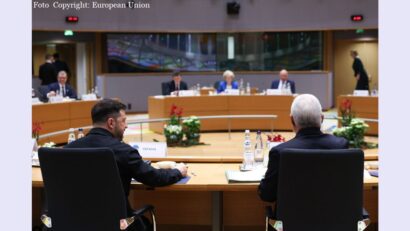European issues on Romania’s agenda
Romanias hosting the European Medicines Agency and the use of community funds to revive the Romanian defence industry are among the expectations that Romanias President Klaus Iohannis has from the future government

Bogdan Matei, 26.06.2017, 13:59
Last week, Romanias President Klaus Iohannis attended in Brussels the proceedings of the summer European Council and has returned home with what the media has already dubbed the future Cabinets “homework. The new government, the head of state has announced, will have to get an agreement that, after Brexit, Romania becomes host to the headquarters of the European Medicines Agency.
It will be by no means a mere formality, as there are other countries competing, namely France, Sweden, Denmark, Hungary and Bulgaria. Moreover, London itself would like to remain host to the agency, even after the UK leaves the EU. Its not only about prestige, but also about concrete benefits, as the Agency is a decentralized body of the EU responsible for the scientific evaluation, supervision and safety monitoring of medicines in the EU.
Therefore, the agency conducts the scientific evaluation of all European requests for marketing medicines aimed to treat AIDS, cancer, diabetes, neuro-degenerative disease and rare diseases. Moreover, it monitors the safety of such drugs by means of a so-called pharma-vigilance network, and takes measures in case reports indicate major side effects. Also, the Agency stimulates innovation and research in the pharmaceutical sector and provides companies with scientific counselling and support to develop new products.
At the Council, a call was made for launching a permanent structural cooperation process, under which European military missions and operations will be launched and defence capability will be created. The framework is flexible and allows the participation of all interested parties, including Romania. In the coming three months, the parties will have to develop together the participation criteria and commitment standards.
As president Iohannis has stated, the new Government in Romania will have to focus, among other things, on reviving the Romanian defence industry, as it will be able to use resources provided by the new European Defence Fund. The head of state has announced that small and medium-sized enterprises have access to this fund too, and Bucharest is expected to come up with a list of projects aimed at helping develop the European defence capability.
On Romanias behalf, president Iohannis pleaded for a tight security cooperation between all the EU members states. Also, he stood against what he called “a parallelism with NATO and encouraged the creation of community structures complementary to those of the North-Atlantic Alliance. (Edited by D. Vijeu)






























